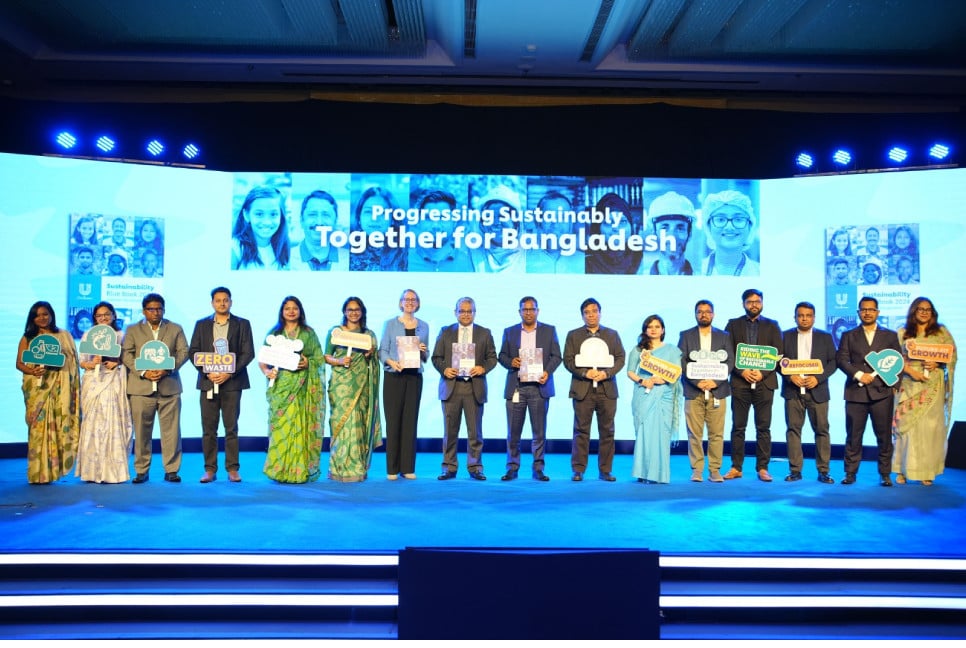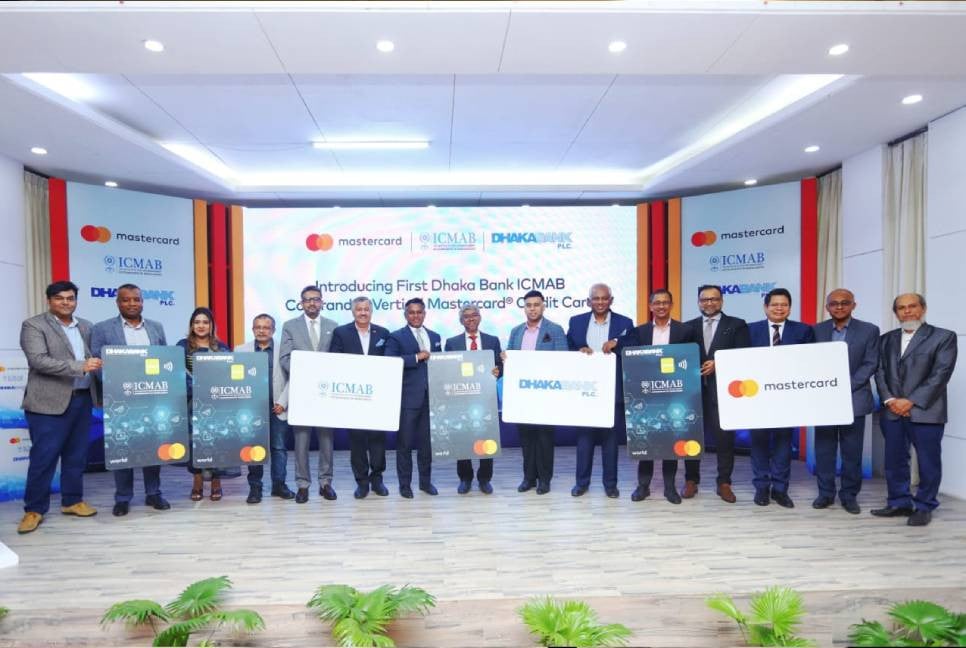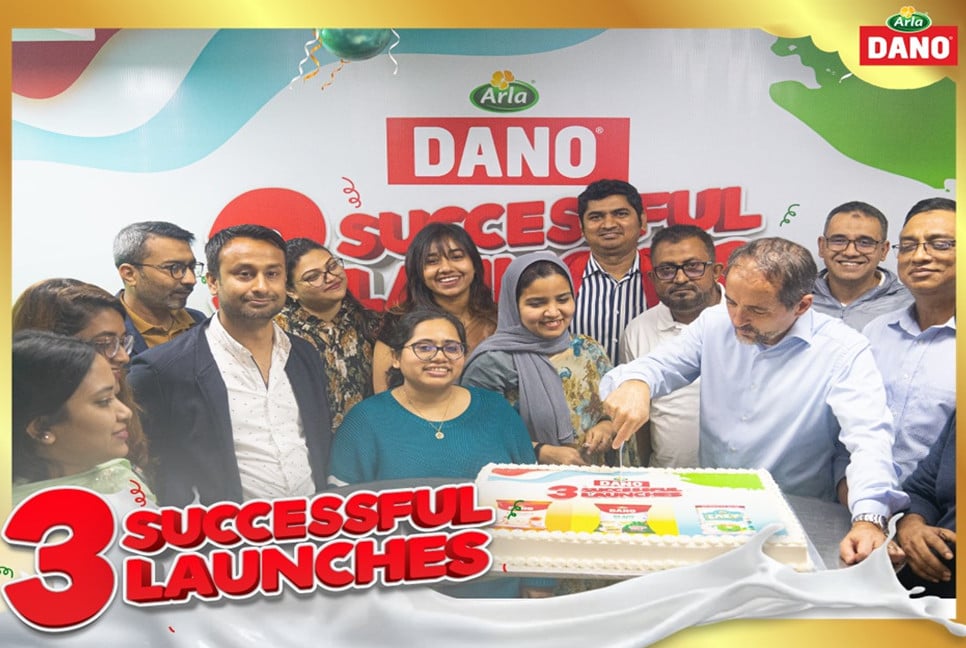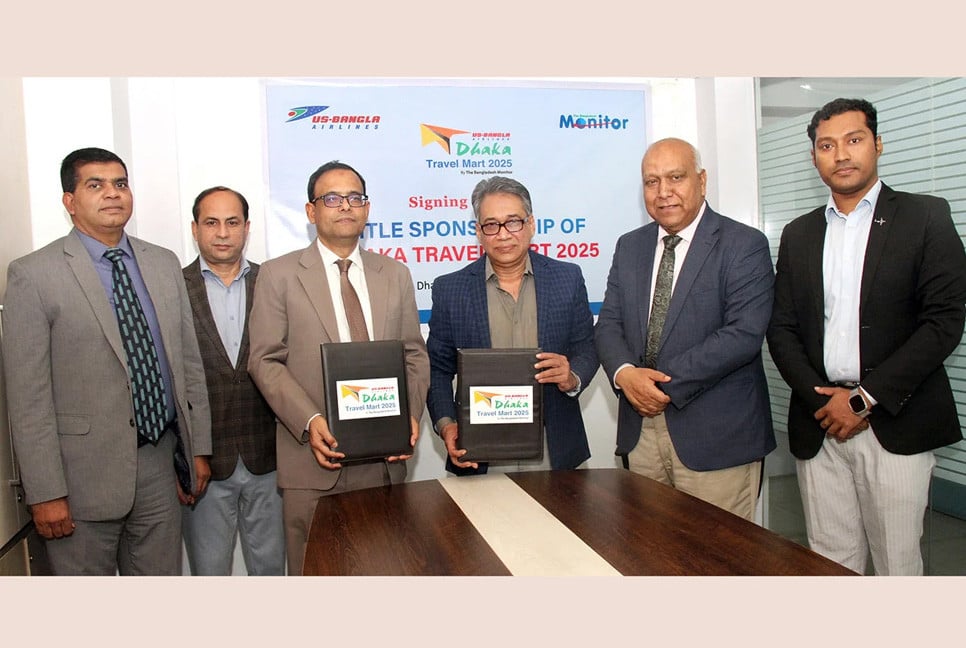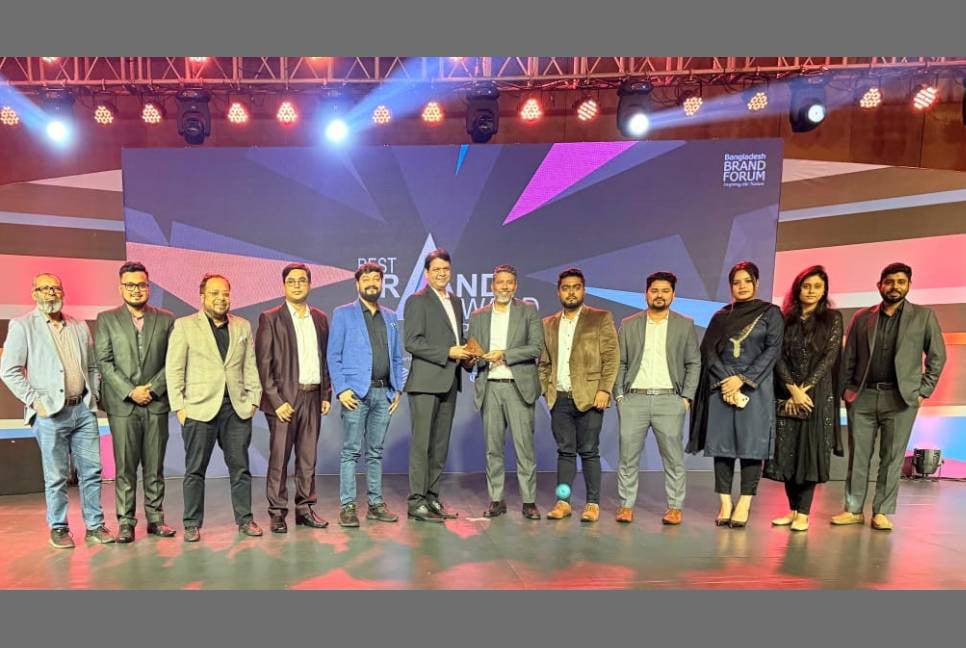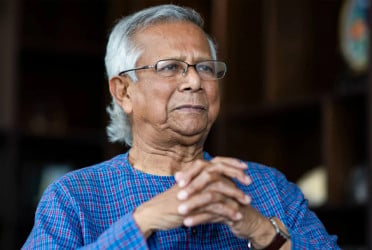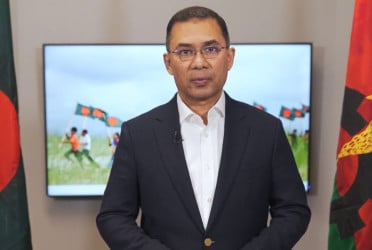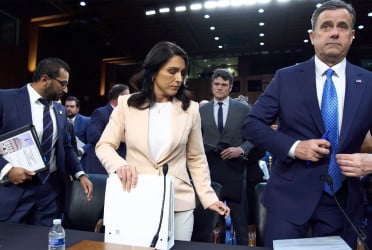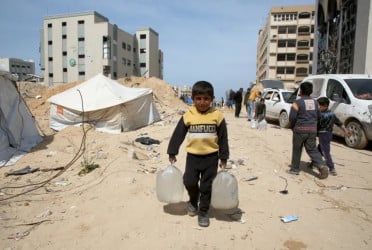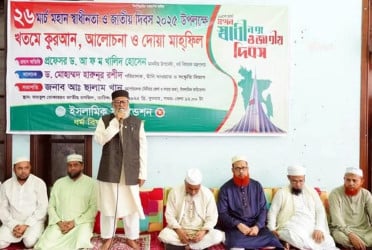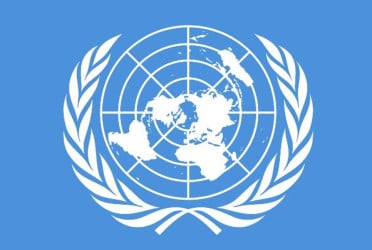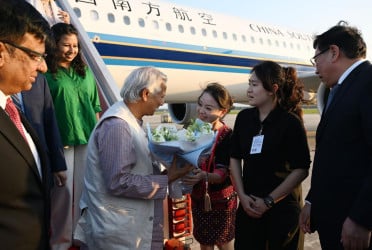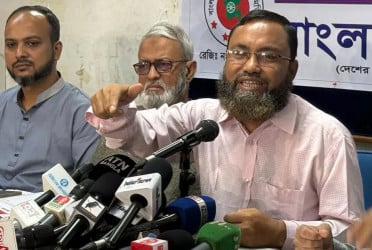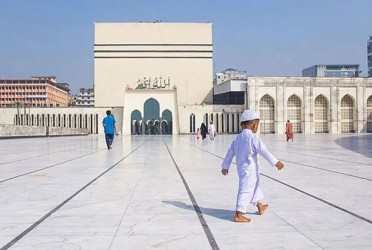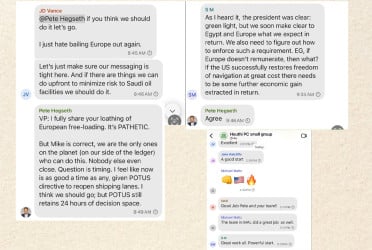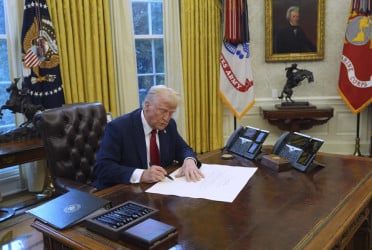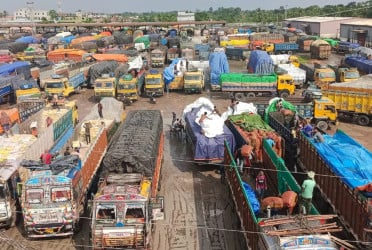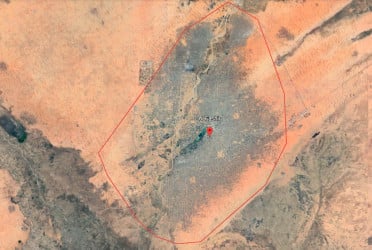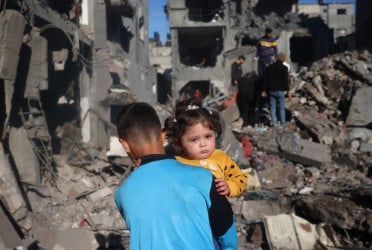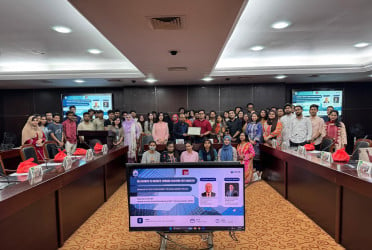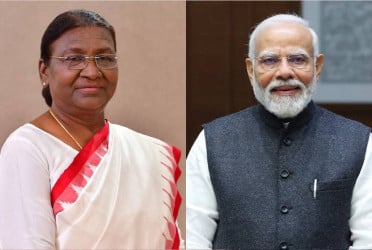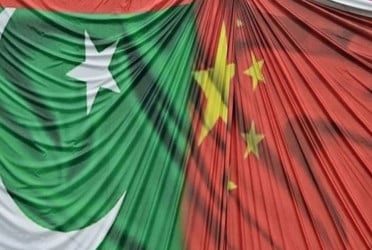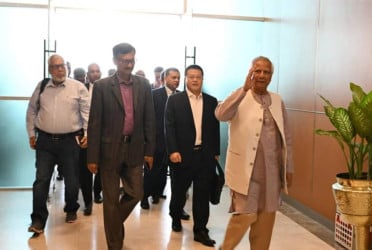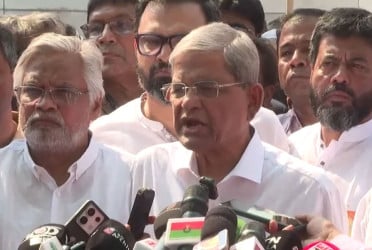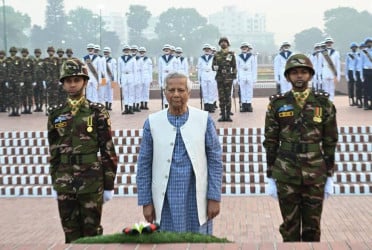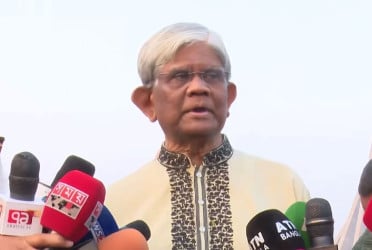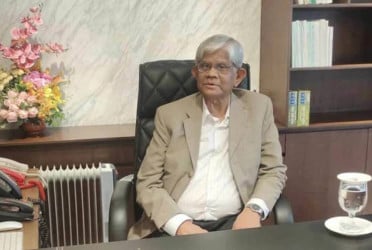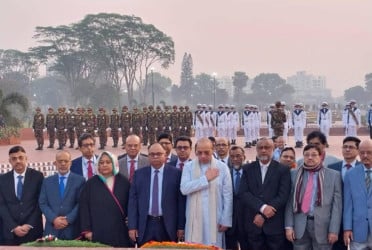Unilever Bangladesh Limited (UBL), the country’s leading Fast Moving Consumer Goods (FMCG) company, organized an engaging event titled ‘Progressing Sustainably: Together for Bangladesh’ in Dhaka.
During the event, UBL celebrated the launch of the Sustainability Blue Book 2024, UBL’s second voluntary report. The event also featured three roundtable discussions with experts, focusing on the current problems and collaborative solutions to protect the environment.
H.E Sarah Cooke, British High Commissioner to Bangladesh, graced the event as the Chief Guest. Zaved Akhtar, Chairman and Managing Director, UBL was also present, while Shamima Akhter, Director – Corporate Affairs, Partnerships and Communications, UBL, delivered a keynote speech.
The UBL team presented four compelling case studies, highlighting their key initiatives under the four focus sustainability pillars: Climate, Nature, Plastic, and Livelihood, in alignment with their business strategy – the Growth Action Plan (GAP) 2024.
The event concluded with three impactful roundtable discussions which also focused on the four focus sustainability pillars.
H.E. Sarah Cooke, British High Commissioner to Bangladesh, said, “I commend Unilever Bangladesh, a major UK investor, for their commitment to producing high-quality, locally made products that benefit millions of Bangladeshi households. Their focus on sustainability and inclusive business growth serves as a powerful example for others. As Bangladesh continues its journey toward sustainable development, adopting green practices and ensuring transparency will be vital. Unilever’s efforts demonstrate how business can lead the way in creating a sustainable future while contributing to global sustainable development goals.”
Zaved Akhtar, Chairman and Managing Director, UBL, said, “For over six decades, Unilever has been committed to Bangladesh’s growth, integrating sustainability at the core of our business. By focusing on actionable goals alongside long-term commitments, we aim to protect the planet while creating economic value. However, this journey requires collective action. The next era of sustainability will largely depend on how we work together as a community. With 2025 set to be a pivotal year for everyone as there will be significant developments in policy dialogues, primarily related to plastic, nutrition, and the ocean, we have to collectively focus on innovation through collaboration. And, today’s engagement with all our partners joining us to celebrate and progress sustainability together for Bangladesh, reflects the power of unity, giving us hope to build a sustainable, inclusive future for Bangladesh and beyond”
bd-pratidin/Rafid

